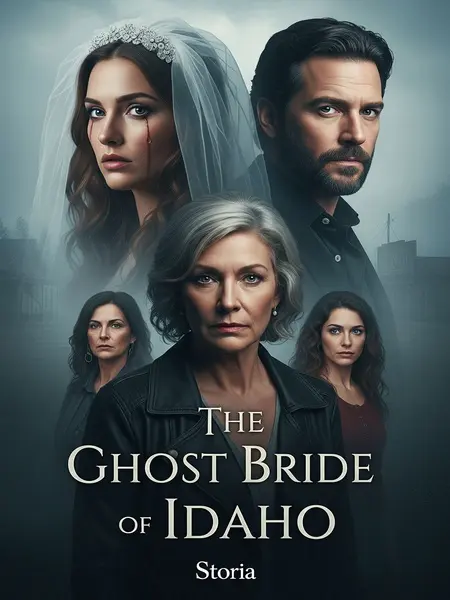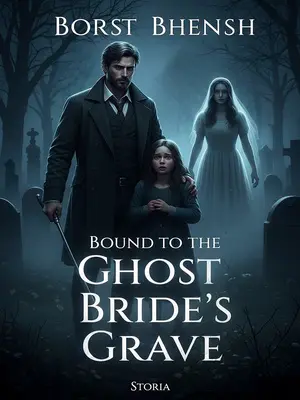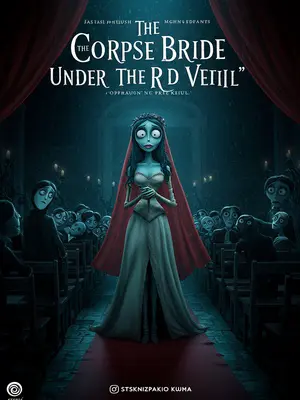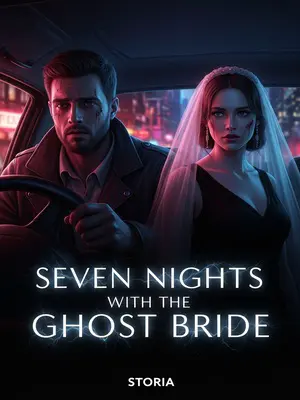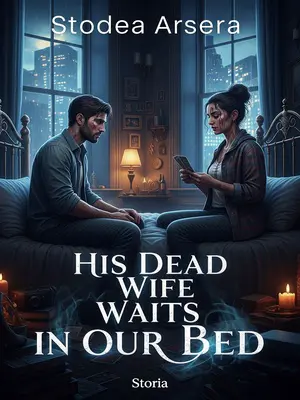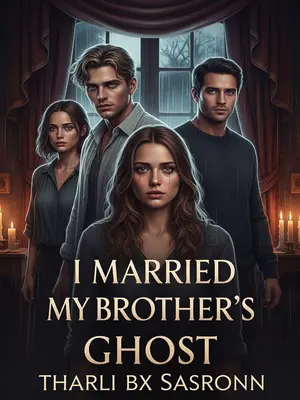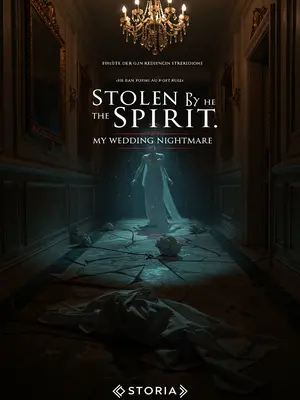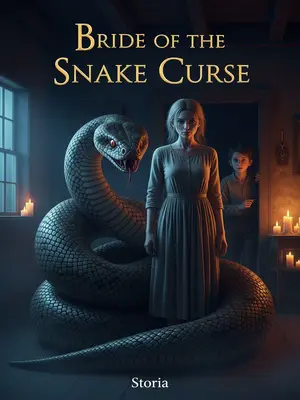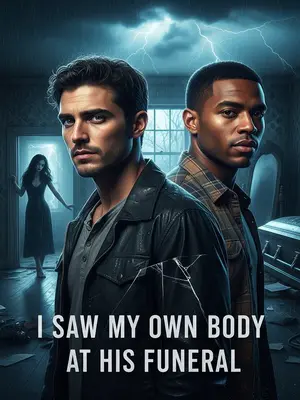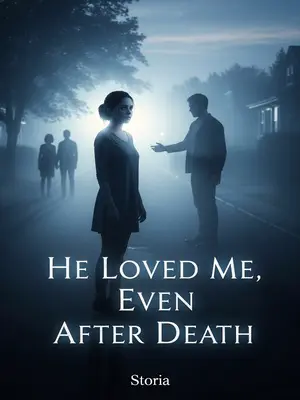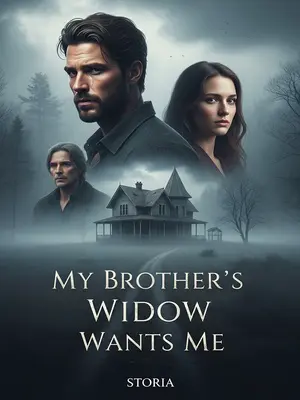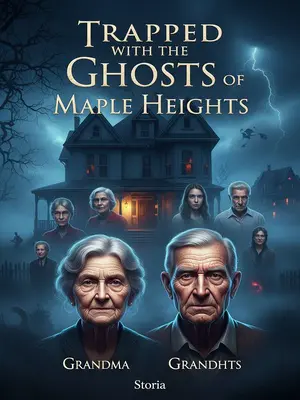Chapter 2: Ghosts Never Rest
My name is Marcus Hall, and I’m a recently retired detective.
Folks around here know me mostly as the guy who played linebacker for Boise State back in the day, but it’s the badge I wore for thirty years that really stuck. The years left me with a limp and a face more creased than the old courthouse steps.
In 1999, I was transferred to Boise because of my success in solving cases.
That was supposed to be a reward, but part of me always missed this town—its old red-brick post office, the way everyone knows your first and last name, the mountains turning purple at sunset.
Now, after retirement, I’ve returned to my hometown, hoping to spend my later years in peace. I thought coming home would mean peace. But the ghosts here—real or not—never learned to rest.
My wife, Carol, was excited to be back too. She’s already taken up quilting with the Methodist ladies and keeps our coffee pot full of strong, black brew.
But after only a few days at home, I discovered that the old case is still a frequent topic among the townspeople.
It’s funny how some things never leave you. I’d run into guys I went to school with at the feed store or the VFW hall, and sooner or later, the conversation would circle back to that circus fire, like it was the town’s own ghost.
The reason everyone talks about it: hauntings.
People here believe in what they can see, but they also know when something’s off. Haunted places, haunted people—it all gets mixed up after enough years.
For over twenty years, quite a few people have claimed that while walking at night, they saw a woman dressed in flowing white.
There were always details: the glint of a silver necklace, the shimmer of a dress like morning fog, the way she drifted rather than walked. Old Mrs. DeLuca swore she saw her outside the hardware store at midnight, and she never set foot on Main Street after dark again.
And her appearance is exactly the same as the girl who burned to death during that performance so many years ago.
Someone even brought me a sketch once, drawn from memory—her eyes wide and haunted, her hair tangled in curls.
Everyone says there must be a reason her soul still lingers here, unable to rest in peace.
Pastor Rick said it’s a lesson about forgiveness, but even he sounded uneasy when the wind rattled the church windows at night.
Even stranger, not long after I returned, I found a letter at my doorstep.
It was wedged beneath my faded welcome mat, the envelope heavy as a stone in my hand.
Inside was a ticket to a circus show, scheduled for one week later.
I stared at that ticket for a long time, tracing the circus logo with my thumb. My first thought was that someone was playing a cruel prank.
On the envelope, a single line was written:
"Marcus Hall, do you want to know the truth from back then?"
No signature. The handwriting was careful, old-fashioned, like something you’d see in an antique store guestbook.
But the case was solved long ago, and the evidence was conclusive.
My years in law enforcement taught me to trust facts, not gossip. Still, that line on the envelope kept circling in my mind like a vulture.
The girl committed suicide, and we found the reason for her suicide.
We had photos, a confession, a timeline that fit. Open and shut, or so we thought.
She was assaulted during the day, and out of shame and rage, she chose to end her life in public.
It all fit so perfectly, maybe too perfectly, now that I looked back on it. I remembered standing outside that trailer, the smell of burnt fabric still lingering in my nostrils.
And the one who assaulted her was a young man from our town.
Derek Lane. His name still sets folks’ teeth on edge all these years later.
